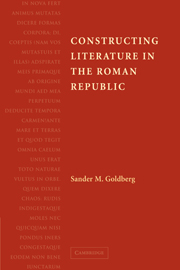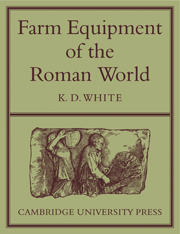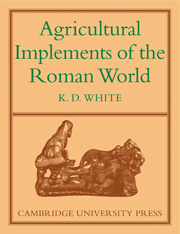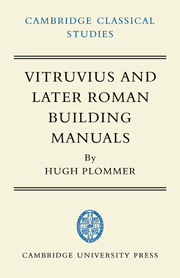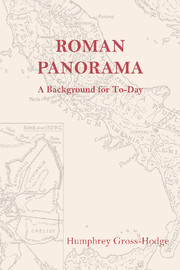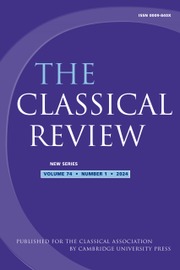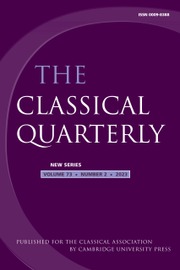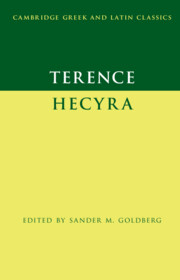Constructing Literature in the Roman Republic
This book examines how the Romans came to have a literature, how that literature reflected native and foreign impulses, and how it formed a legacy for subsequent generations have become central questions in the cultural history of the Republic. It examines the problem of Rome's literary development by shifting attention from Rome's writers to its readers. The literature we traditionally call 'early' is seen to be a product less of the mid-Republic, when poetic texts began to circulate, than of the late Republic, when they were systematically collected, canonized, and put to new social and artistic uses. Imposing on texts the name and function of literature was often a retrospective activity. This book explores the development of this literary sensibility from the Romans' early interest in epic and drama, through the invention of satire and the eventual enshrining of books in the public collections important to Horace and Ovid.
- Combines traditional philological arguments with the insights of modern critical theory
- Covers a broad range of texts, prose as well as poetry
- Contextualizes literary study by relating texts to significant aspects of Roman social practice
Reviews & endorsements
Review of the hardback: 'Inquisitive, zestful, enthusiastic...' Bryn Mawr Classical Review
Product details
July 2011Paperback
9780521174190
262 pages
229 × 152 × 15 mm
0.39kg
Available
Table of Contents
- 1. The Muse arrives
- 2. Becoming literature
- 3. Comedy at work
- 4. Dido's furies
- 5. Enter satire
- 6. Roman helicon.

